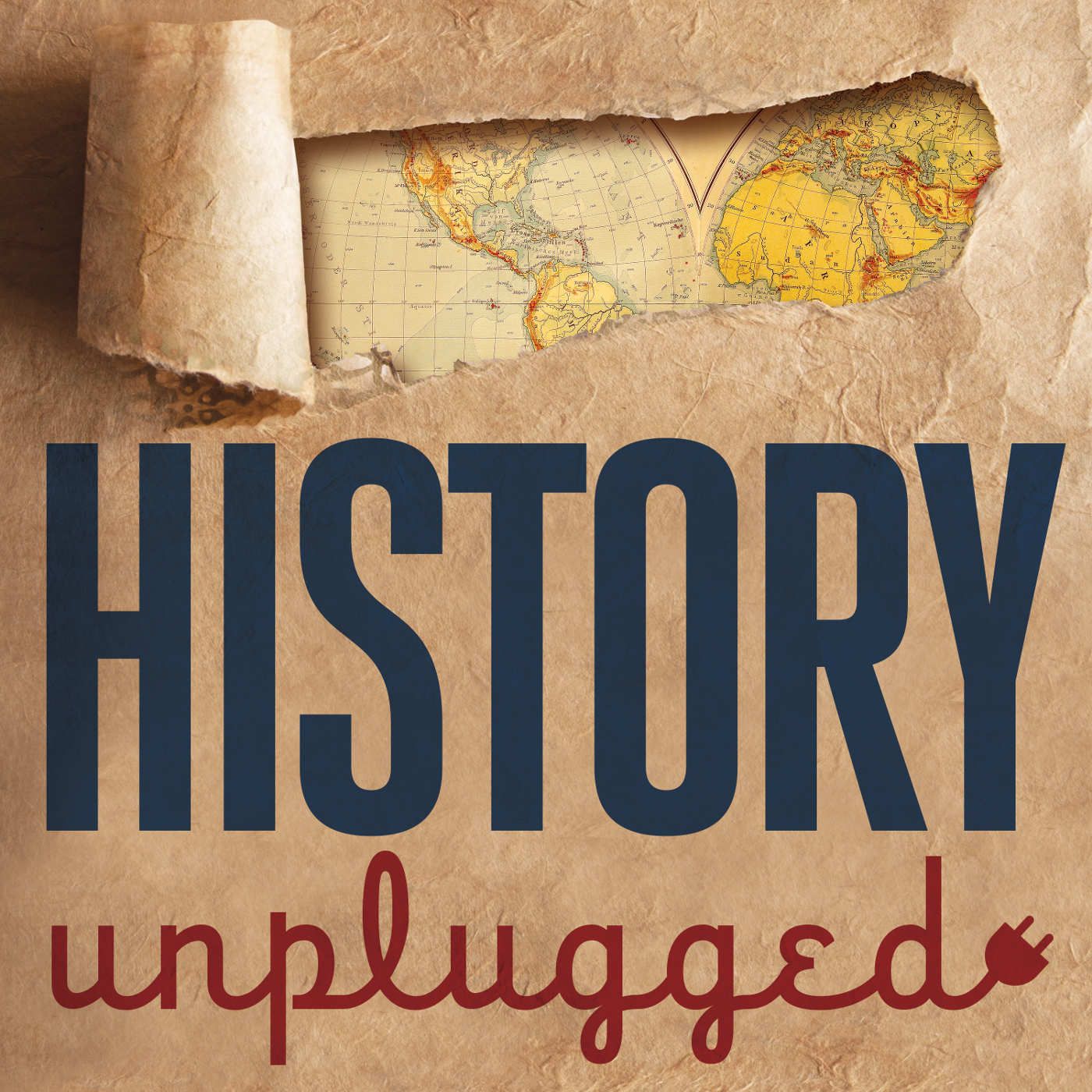- History
- SEE MORE
- classical
- general
- talk
- News
- Family
- Bürgerfunk
- pop
- Islam
- soul
- jazz
- Comedy
- humor
- wissenschaft
- opera
- baroque
- gesellschaft
- theater
- Local
- alternative
- electro
- rock
- rap
- lifestyle
- Music
- como
- RNE
- ballads
- greek
- Buddhism
- deportes
- christian
- Technology
- piano
- djs
- Dance
- dutch
- flamenco
- social
- hope
- christian rock
- academia
- afrique
- Business
- musique
- ελληνική-μουσική
- religion
- World radio
- Zarzuela
- travel
- World
- NFL
- media
- Art
- public
- Sports
- Gospel
- st.
- baptist
- Leisure
- Kids & Family
- musical
- club
- Culture
- Health & Fitness
- True Crime
- Fiction
- children
- Society & Culture
- TV & Film
- gold
- kunst
- música
- gay
- Natural
- a
- francais
- bach
- economics
- kultur
- evangelical
- tech
- Opinion
- Government
- gaming
- College
- technik
- Jesus
- Health
- movies
- radio
- services
- Church
- podcast
- Education
- international
- Transportation
- Other
- kids
- podcasts
- philadelphia
- Noticias
- love
- sport
- Salud
- film
- and
- 4chan
- Disco
- Stories
- fashion
- Arts
- interviews
- hardstyle
- entertainment
- humour
- medieval
- literature
- alma
- Cultura
- video
- TV
- Science
- en
Welcome to the Age of Discovery 2.0

b'No decade transformed Western Civilization like the 1490s. Before then, Europe was a gloomy continent split into factions, ripe for conquest by the Islamic world. It had made no significant advances in science or literature for a century. But after a Spanish caravel named Nina returned to the Old World with news of a startling discovery, the dying embers of the West were fanned back to life. Shipbuilding began at a furious pace. Trade routes to Africa, India, and China quickly opened. At the same time, printing presses spread new ideas about science, religion, and technology across the continent. Literacy rates exploded. Because of the Age of Discovery, for the first time in generations, Europeans had hope in the future.
Today, an Age of Discovery 2.0 is upon us. With Elon Musk promising affordable rocket rides to the Moon and Mars within a decade, planetary bodies will be as accessible to humans as the New World was to adventurers in the 1500s.
How will the Age of Discovery 2.0 change our civilization the way the first one did five centuries ago?
To find the answers, History Unplugged is interviewing historians, scientists, and futurists who have spent decades researching this question. We will learn how:
\\u2022Spain\\u2019s 16th-century global empire was built on the spice trade (cinnamon was worth more than gold) and those same economics will lead to Mars colonization (its stockpiles of deuterium are a key ingredient for cheap fusion power
\\u2022How slavery was a conscious choice in the American colonies (Virginia embraced it while Puritan New England rejected it) and how the same choices on human rights could make the future a libertarian paradise or a neo-feudal dystopia
\\u2022How the East India Company\\u2019s control over India foreshadows SpaceX\\u2019s control over Mars and what happens when a corporation effectively controls a nation (or in this case, a planet).
\\u2022The labor shortage \\u2013 and lack of regulation \\u2013 in off-world colonies will lead to incredible innovation, as did the lack of workers and government restriction in colonial America drove the rise of \\u201cYankee ingenuity\\u2019s\\u201d wave of inventions.'